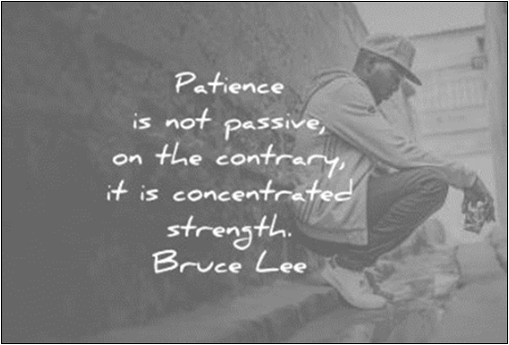“The Word Became Flesh” by Robert Murphy

Since Christmas is upon us, I think it is beneficial to reflect on Christ’s incarnation. Below I have attached a section of John Chrysostom’s (347–407 AD) eleventh homily (sermon) on the Gospel of John, which discusses John 1:14.
“Having declared that they who received Him were “born of God,” and had become “sons of God,” he adds the cause and reason of this unspeakable honor. It is that “the Word became Flesh,” that the Master took on Him the form of a servant. For He became Son of man, who was God’s own Son, in order that He might make the sons of men to be children of God. For the high when it associates with the low touches not at all its own honor, while it raises up the other from its excessive lowness; and even thus it was with the Lord. He in nothing diminished His own Nature by this condescension, but raised us, who had always sat in disgrace and darkness, to glory unspeakable. Thus, it may be, a king, conversing with interest and kindness with a poor mean man, does not at all shame himself, yet makes the other observed by all and illustrious. Now if in the case of the adventitious dignity of men, intercourse with the humbler person in nothing injuries the more honorable, much less can it do so in the case of that simple and blessed Essence which has nothing adventitious, or subject to growth or decay, but has2 all good things immovable, and fixed forever. So that when you hear that “the Word became Flesh,” be not disturbed nor cast down, For that Essence did not change to flesh, (it is impiety4 to imagine this,) but continuing what it is, It so took upon It the form of a servant.”
John Chrysostom, “Homilies of St. John Chrysostom, Archbishop of Constantinople, on the Gospel of St. John,” in Saint Chrysostom: Homilies on the Gospel of St. John and Epistle to the Hebrews, ed. Philip Schaff, trans. G. T. Stupart, vol. 14, A Select Library of the Nicene and Post-Nicene Fathers of the Christian Church, First Series (New York: Christian Literature Company, 1889), 38–39.










